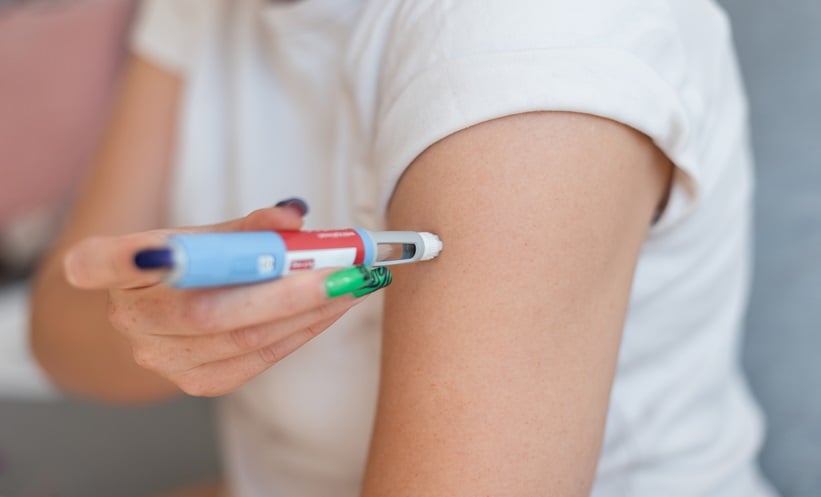HEPATITIS C remains a major public health challenge, with an estimated 50 million people worldwide living with chronic infection. While the World Health Organization aims to treat 80% of cases by 2030, only 11 countries, including Australia, are currently on track. Despite Australia’s early success in providing unrestricted access to curative direct-acting antivirals (DAAs), testing and treatment rates have since declined, prompting interest in new approaches to engage people who inject drugs – a group at higher risk of infection and facing multiple healthcare barriers.
Conventional hepatitis C diagnosis requires venous blood sampling, laboratory analysis for antibodies, and confirmatory RNA testing, creating delays and risking loss to follow-up. Rapid tests offer a potential solution, especially for individuals with poor venous access. Australia has approved both rapid RNA and rapid antibody tests, but the widely used OraQuick rapid antibody test is not yet approved nationally.
The QuickStart study examined whether reducing the OraQuick antibody test read time from 20 minutes to five could maintain accuracy while improving efficiency. Results showed that a five-minute read would have reduced unnecessary RNA testing by around 13% in the study cohort, but at the cost of missing approximately 2.5% of viraemic individuals. In the cohort, 64% of participants with antibodies detected at five minutes were non-viraemic, highlighting the importance of confirmatory RNA testing to distinguish current from resolved infections.
Shorter read times appear most effective in identifying individuals with higher antibody levels, often linked to active infection, while longer read times capture more people with past infections. The study suggests that a dual-read approach, reflexive RNA testing for positives at five minutes, with later positives presumed non-viraemic, could reduce costs, increase throughput, and speed up treatment initiation, particularly in high-volume or resource-limited settings.
Rapid testing at the point of care, such as in needle and syringe programmes, could also improve engagement and enable same-day treatment starts. However, context-specific evaluation remains essential, as antibody prevalence, prior treatment rates, and healthcare access vary widely. The findings support integrating rapid antibody testing into tailored hepatitis C elimination strategies, while retaining confirmatory RNA testing to ensure diagnostic accuracy.
Reference
Heath K et al. Balancing efficiency and accuracy in Hepatitis C rapid antibody testing: insights from a cluster randomised crossover trial. J Viral Hepat. 2025;32(8):e70043.








